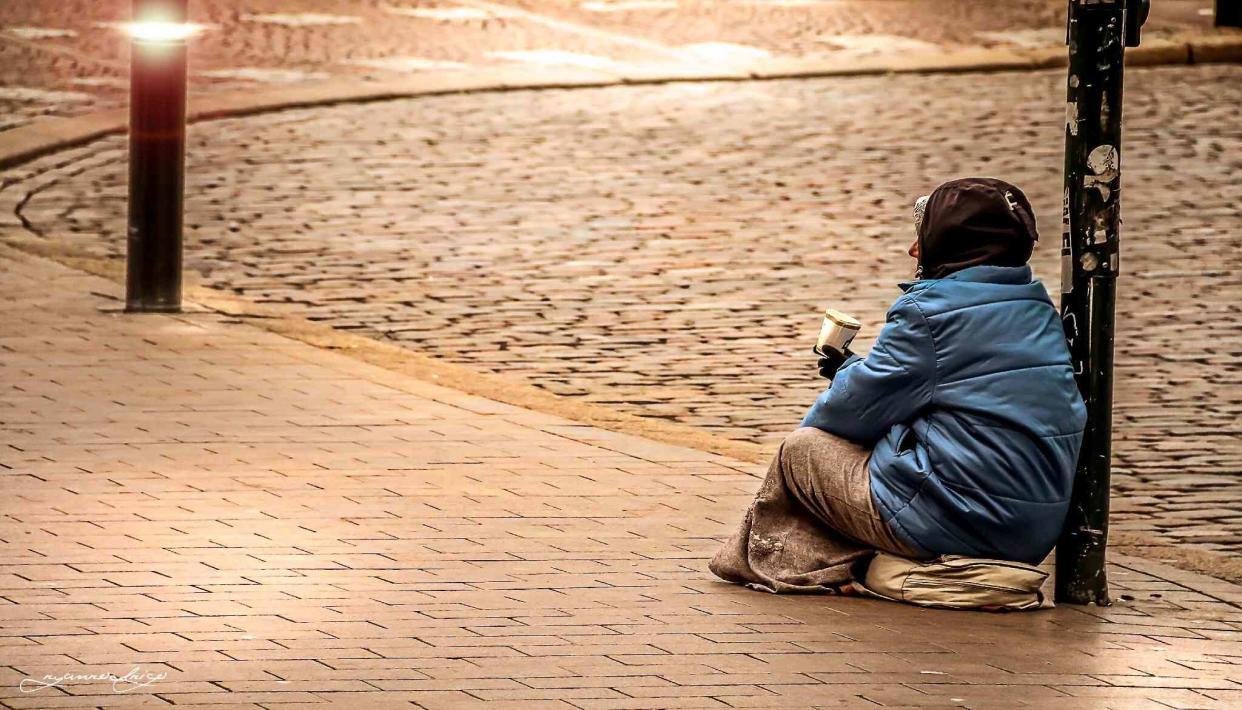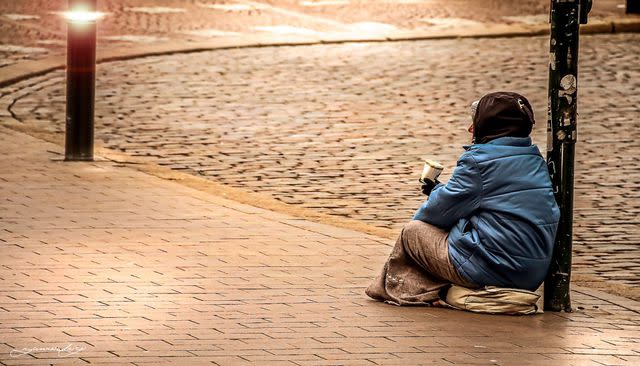Health Care for the Homeless

Medically reviewed by Jenny Sweigard, MD
On a single night in the United States in January 2022, some 580,000 people or more experience homelessness —including tens of thousands of children and chronically ill individuals.
These individuals are living on the street or in a car, staying in a shelter, or hopping between relatives' or friends' homes for an indeterminate amount of time. While official definitions differ, the primary element of homelessness is instability. And for many in the United States, the instability of homelessness and poor health are closely intertwined.

Homelessness in the United States
The reasons leading people to be without stable homes vary extensively, but there are certain individuals who are more likely than others to experience homelessness, such as:
Military veterans
Unemployed or underemployed individuals
Those with substance abuse or mental illnesses
Women who have experienced domestic violence
Very low-income families who earn far below the median annual income for their area
Without health insurance or the ability to pay out of pocket, many are left without consistent or adequate health care, making them more likely to get sick and die than those with stable housing.
Health and Homelessness
Lack of stable housing is associated with a host of physical and mental health conditions, but whether homelessness causes poor health or vice versa is complicated.
Expensive medical conditions—like cancer treatment—can render you unable to afford other necessities like your rent or mortgage, resulting in eviction or foreclosure. Similarly, mental health or substance abuse issues can also lead to dire financial straits that make it nearly impossible to afford a place to live.
In essence, being sick can lead to homelessness.
But homelessness can also make you sick. Not having a reliable or permanent place to live can be disruptive and stressful at best, but it can also mean not having access to meet even the most basic of needs like healthy foods, uncrowded living environments, and proper sanitation. As a result, individuals may be more likely to get new infections and resulting medical conditions or medical conditions, such as:
And if individuals already have these conditions, homelessness can make them worse. Health conditions such as diabetes and high blood pressure occur with similar prevalence in homeless versus non-homeless individuals. However, these conditions are often more poorly controlled among those without a stable home.
For many of these conditions, proper access to treatment and management is crucial, yet a lack of health insurance combined with extreme poverty can make it difficult to see a doctor when you need to.
Homelessness and Health Care
The number of places able to treat those experiencing homelessness varies wildly from city to city. While local Healthcare for the Homeless programs, mobile care units, and nonprofit safety-net clinics can help communities they reside in, many individuals—especially those not located in major cities—are left without options outside of hospital emergency rooms.
Even when you are able to see a healthcare provider, if you're experiencing homelessness or extreme poverty, you might not feel welcome. When surveyed, many such individuals mentioned feeling they had been discriminated against by medical staff because of their living or financial situation, making it unlikely they would return for continued treatment or follow-up care. After all, if you don't feel welcome in that kind of environment, why would you want to go back?
As a result, many wait until a serious, urgent health issue lands them in the emergency room before they see a doctor. In such situations, the urgent need overtakes other issues like chronic conditions or preventive services. One ailment is addressed, but not much is done to prevent future problems.
After all, health care isn't just about treating physical ailments and disease. It also means helping healthy individuals stay that way—regardless of housing status. Due to time or resource constraints, medical staff treating the homeless often simply aren't able to provide key preventive services like annual checkups that offer guidance on living a healthier lifestyle, recommended health screenings, or routine vaccinations.
And if you aren't able to maintain good health, you might not be able to find and keep a job or find stable housing, leading to a seemingly endless cycle of homelessness and illness.
What You Can Do to Help
Homelessness exists all over the United States—even, quite possibly, in your own community. You can help reduce the number of people experiencing homelessness, as well as improve access to essential healthcare services, by getting involved at the local, state, and federal level. For example:
Encourage your family to volunteer at local homeless shelters.
Donate to local organizations in your community that provide services to the homeless, including nonprofit safety-net clinics and homeless advocacy groups.
Talk to your state and federal lawmakers about policies that could address root causes of homelessness, such as high housing costs and low wages.

